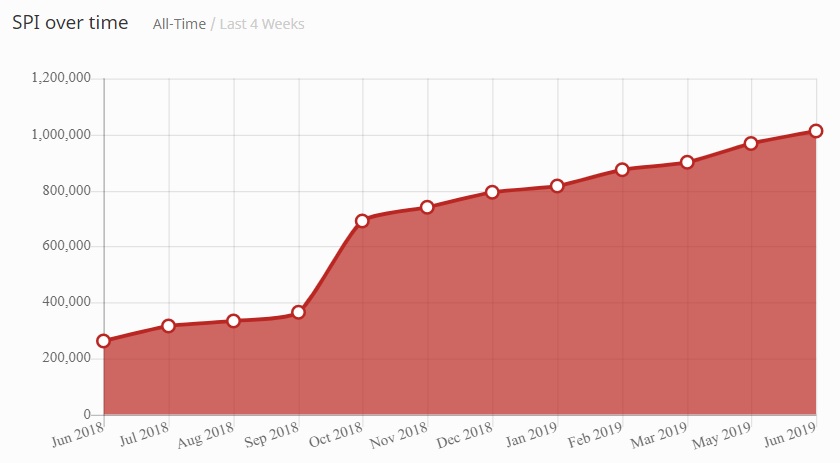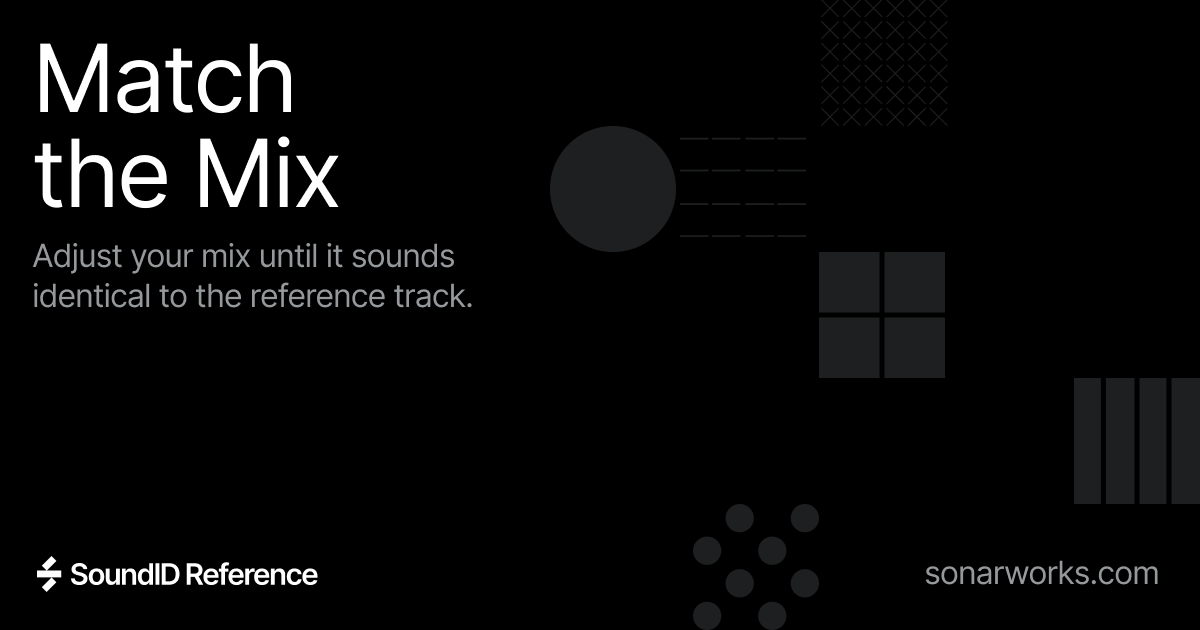I’ve been spending a ton of time mixing, reading, watching tutorials, posting stuff for feedback. It’s all been very helpful, but I’m realizing a big issue for me is that I just don’t know my frequencies. It’s so hit and miss for me. I admire you guys who can listen to a song and automatically hear that it needs a cut at 560 Hz and a boost at 2K (or whatever).
I can usually can hear when something’s “not right” but I can’t tell where it is.
So I’m recognizing that as my next focus for growth in my mixing. I’m wondering what some of you would recommend for tools for training my ear.
I’ve found a few apps and plugins and online tools that seem like they’d be helpful.
There’s one called “TrainYourEars” that’s available for MacOS and Windows that gets good reviews. Looks like it honestly would be helfpul. Good reviews. Recommended by Bob Katz.
There’s an informative YouTube review here:
I signed up for a free account for an online program called “SoundGym.” They have free and more advanced paid versions. Might be promising. I’m gonna mess around with the free version for a few days and will post my review if anyone’s interesed:
Jason, from BehindTheSpeakers, does a brief video review of such apps, and recommends both of those above, as well as a couple others, inclusing a less expensive app for MacOS and iPhone/iPad, called Quiztones. His review is here:
I also set up a REAPER template – very simple, but helpful – that works with mp3s I load into a track with an EQ on it: I started with dramatic, narrow boosts and created an envelope to change the frequency of the boosted band every four or five measures, with another envelope to bypass the EQ, which allows me to listen and compare, blind, the original and affected EQ version of the clips. Then, of course, I just manually change up the frequencies so I don’t just get accustomed to the order with which they change. Make any sense? If anyone’s interested, let me know; be glad to share a link to download.
So, that’s all I got today! I recognize that that’s the weakest link in my attempts a mixing. I have to suspect I’m not alone. Would be interested in peoples’ thoughts, suggestions, tips.
 My ears are way better than they were, but I’m sure I would benefit from more of this as well. I guess my priorities just shifted away from mixing a bit.
My ears are way better than they were, but I’m sure I would benefit from more of this as well. I guess my priorities just shifted away from mixing a bit.



 I think you have a point that it’s only one skill in a diverse toolbox. It’s kind of like saying good hammering skills (Sound Gym) means you’ll successfully build a house (mix); which is not necessarily true, there are many more skills and aspects involved. In fact, if you get everything else right and the hammering skills are somewhat sub-par, but at least the nails hold the beams together, the house may turn out fine.
I think you have a point that it’s only one skill in a diverse toolbox. It’s kind of like saying good hammering skills (Sound Gym) means you’ll successfully build a house (mix); which is not necessarily true, there are many more skills and aspects involved. In fact, if you get everything else right and the hammering skills are somewhat sub-par, but at least the nails hold the beams together, the house may turn out fine.